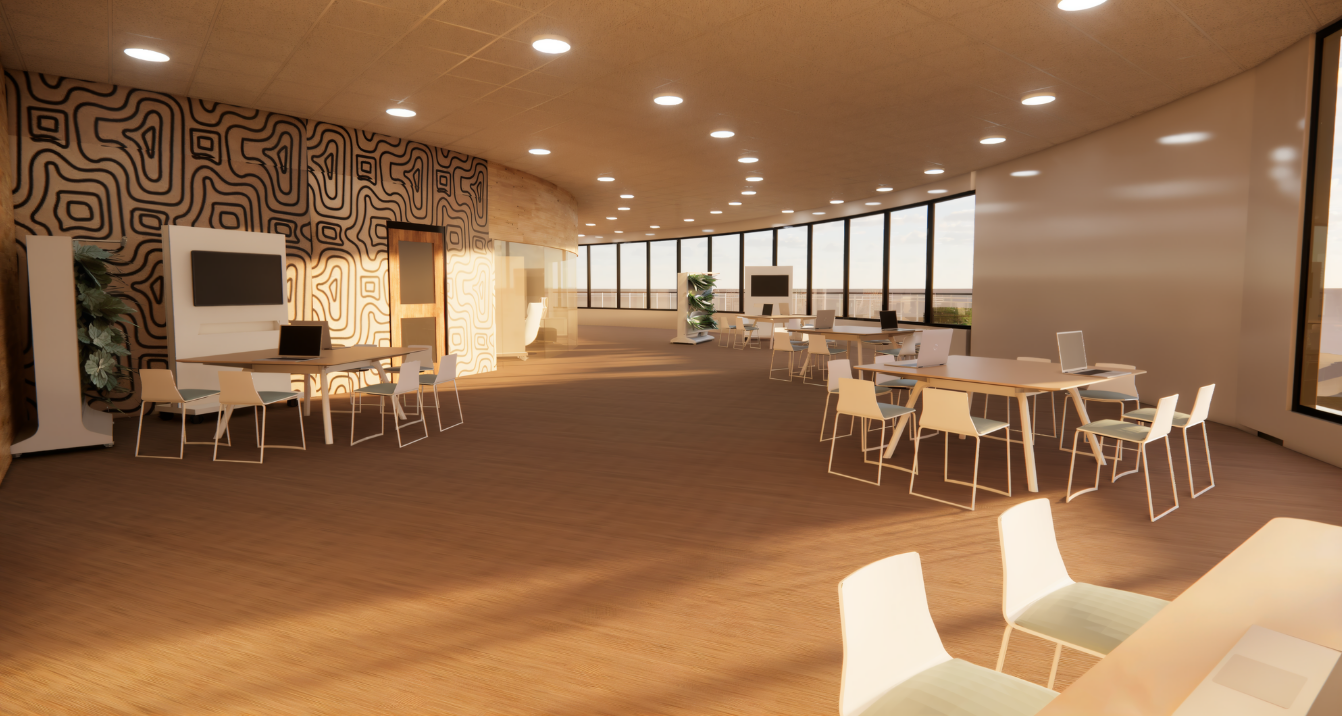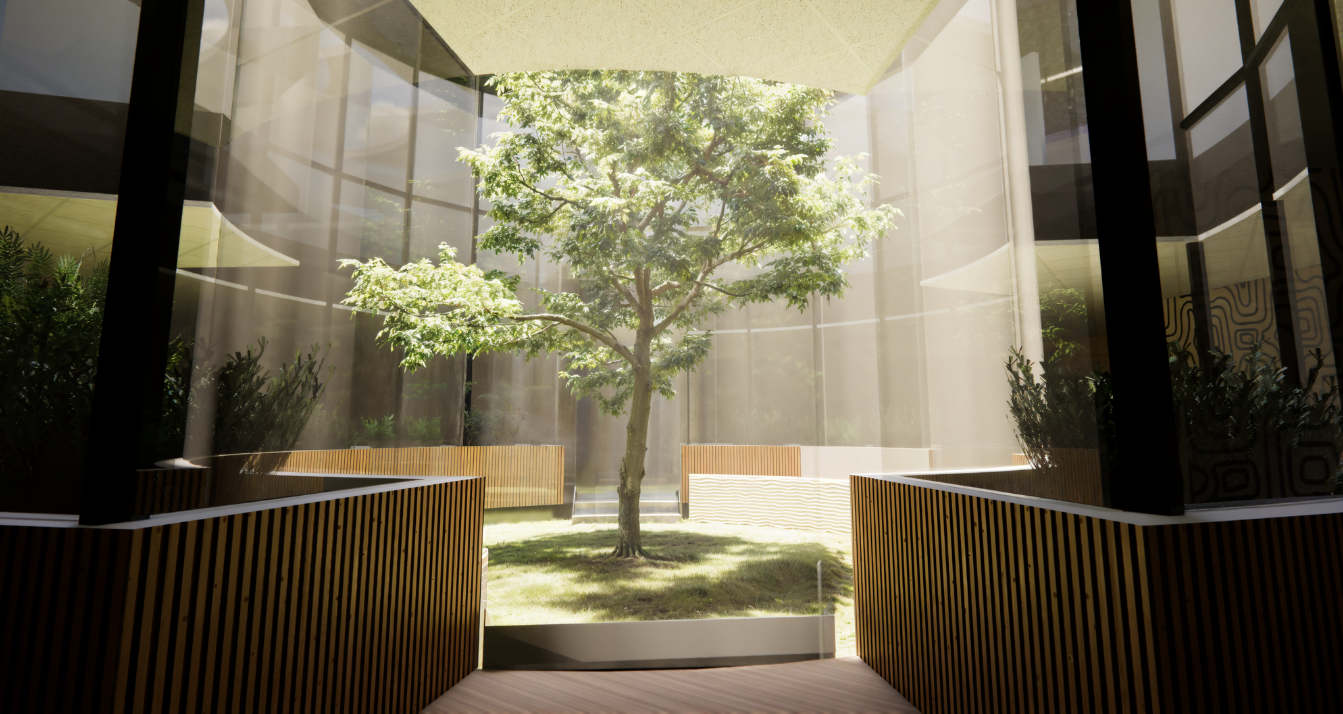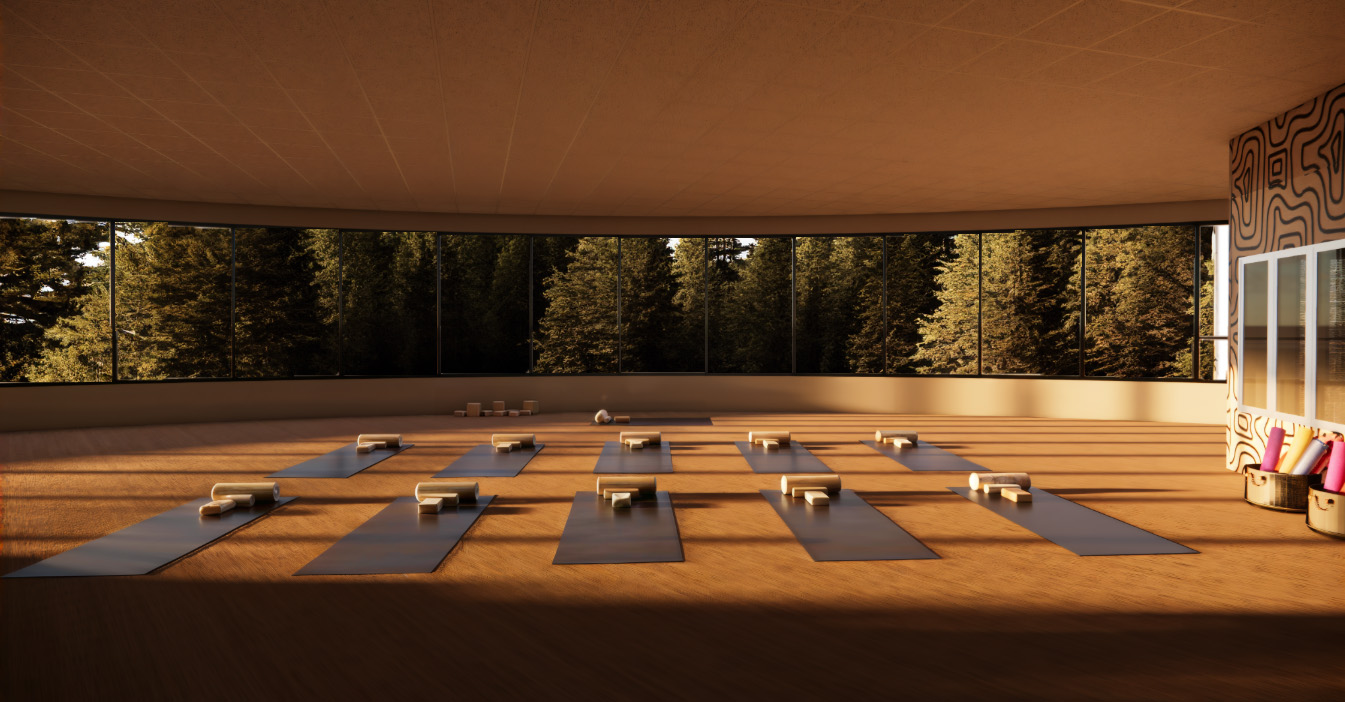Artist Biography
Hannah Stanford is completing her senior year with a Bachelor’s of Fine Arts in Architectural Studies. After switching from an Early Education major during her sophomore year, she found her passion for architecture and design. Hannah has completed three internships and is well-versed in many design and building applications. Most of her work outside the classroom is residential, but she looks forward to expanding to commercial work. After graduation, Hannah committed to obtaining her Master of Architecture degree from Boston Architectural College and obtaining her architect’s license.
Outside of the classroom, Hannah enjoys spending time with her friends, reading books, and updating her Pinterest boards. She loves having home-cooked meals from her mom, especially any of her pasta dishes. Her older sister lives in San Diego, and Hannah loves to visit her and surf in the waves.
Thesis Abstract
The Giles Center for Youth Renewal reimagines juvenile detention by prioritizing rehabilitation, education, and emotional healing over punishment and confinement. Informed by research in psychology, social justice, and spatial design, this thesis addresses the failure of traditional juvenile incarceration facilities to reduce recidivism or support the successful reintegration of youth into society. Drawing from place attachment theory and trauma-informed design principles, the center proposes a new mode. One that integrates biophilic design, privacy, educational opportunity, and therapeutic environments. Located on a 32.5-acre site in Bristol, Connecticut, the proposed facility combines communal spaces, private living quarters, gardens, and multi-use classrooms with a visual and physical openness contrasting with conventional detention centers’ isolating structures. Design elements such as dormitory-style bedrooms with private bathrooms, solar-integrated curtain walls, and timber construction contribute to sustainability and a sense of normalcy.
This project challenges punitive architectural norms and invites a cultural shift in how we perceive justice-involved youth, not as criminals, but as individuals capable of growth and transformation. By shaping environments that nurture rather than punish, the Giles Center aims to break the cycle of incarceration and offer pathways to personal and social renewal.



